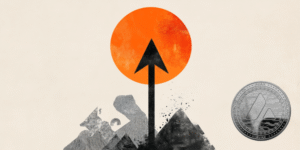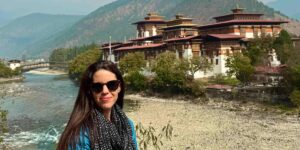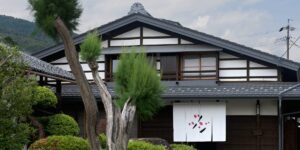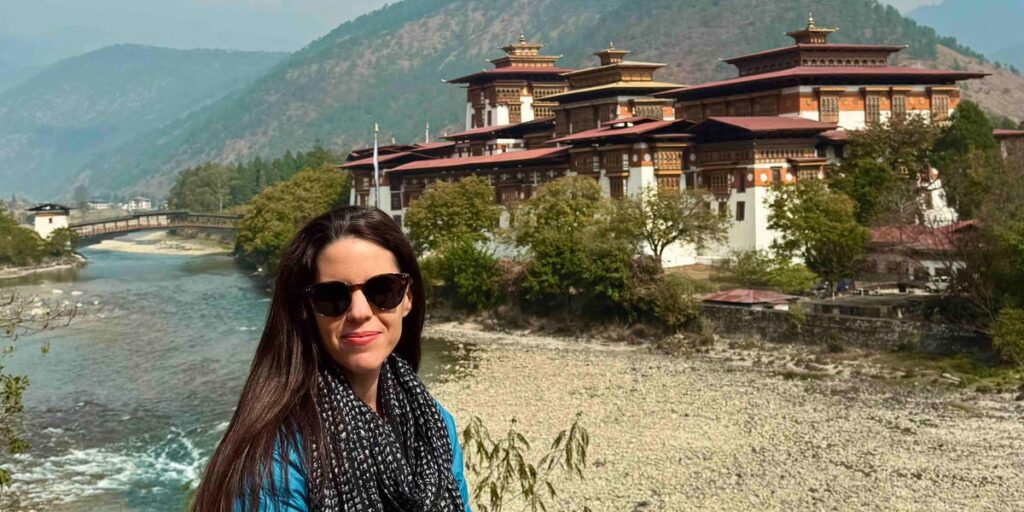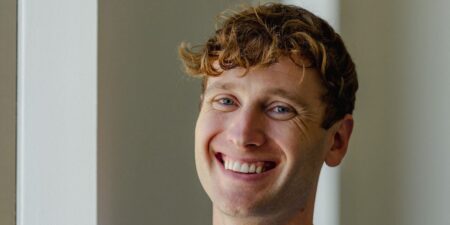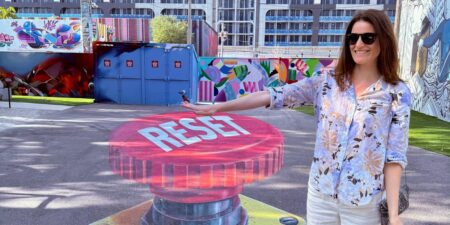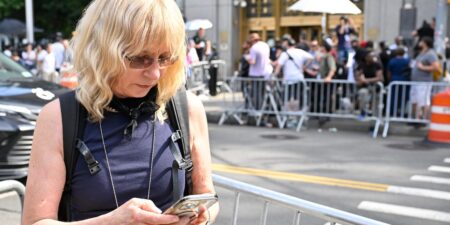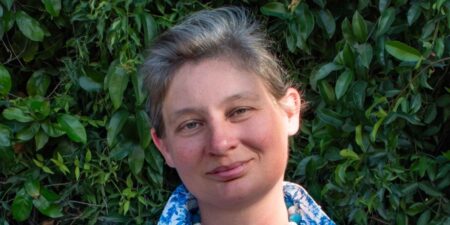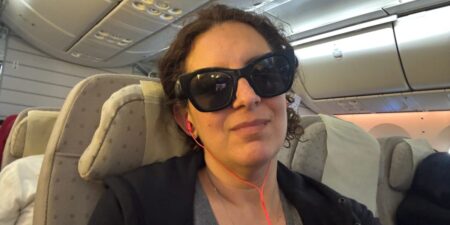This as-told-to essay is based on a conversation with Alaina Appleman, an independent luxury travel designer based in Singapore. Her words have been edited for length and clarity.
Two years ago, I was laid off from Meta. It was disappointing, but it gave me a chance to think about what I wanted next.
I never imagined I’d end up designing bespoke travel experiences. On paper, my résumé was all Big Tech and global media, not exactly a direct path into the world of luxury safaris and private yachts.
Still, travel has always been my personal obsession. I’ve visited more than 100 countries, spent hours digging into obscure corners of the internet for destination research, and have always been the go-to trip planner for friends. After the layoffs, I saw a way to turn that passion into a career.
My professional path up to that point had been steady. I started out in Washington, DC, at National Geographic and stuck around for 11 years. I worked my way up through marketing roles in the TV and film divisions.
In 2015, after completing my MBA at Georgetown University, the company offered me the opportunity to relocate to Singapore. Within weeks, I was on the other side of the world.
I arrived in Singapore with an open mind, curious to see where the opportunity would lead me.
After two years in National Geographic’s Singapore office, I worked for two other American multinationals — first at Time Inc. and later at Meta — in marketing roles. The work was fast-paced, global, and intellectually engaging.
After losing my job at Meta, I knew that I wanted to stay in Singapore.
Branching out on my own
I launched my business as an independent travel designer in 2024, contracting with Blue Sky Escapes, a boutique agency based in Singapore, with advisors working across the Asia Pacific region.
The financial commitment wasn’t as daunting as I’d anticipated. By operating under the company’s licenses, brand, and resources, it worked much like a real estate agent under a brokerage.
The investments to start my company were minimal, and I made that back within a few months after my first bookings. I work from home, so there’s no need for an office. When I’m invited on familiarization trips, most of the costs are covered by the hotel, tour operator, or tourism board, but I usually pay for my own flights and certain participation fees.
It’s all part of the investment, since it allows me to personally experience the destinations I recommend to clients. One of the reasons I jumped into this career was the low risk of getting started.
In my first year, I sent guests on 61 trips across 35 countries, with 42 more already booked into 2026. Unlike my work in Big Tech, this business isn’t easily scalable, since I customize every detail to each client’s interests and preferences. The trips I design range from a single night at a luxury resort to three-week adventures in Africa, with commissions typically between 10% and 20%.
Three months ago, I booked a group of friends on a trip to the Faroe Islands. They rode a zodiac boat into grotto caves and enjoyed a private concert by local musicians in acoustics they described as unlike anything else.
I also arranged a private dining experience for a group in their 50s and 60s at a fisherman’s home, where he shared stories of supplying langoustines to Michelin-starred restaurants, royalty, and billionaires. My goal has always been to create lasting memories.
Success on my own terms
Living in Singapore has its advantages. It’s a major regional hub, allowing me to build personal relationships with suppliers and stay updated on the latest offerings. The connections I’ve made here have proven invaluable, particularly in time-sensitive situations.
Unlike corporate life, there’s no monthly paycheck. Profits are only realized after trips actually happen. My day-to-day is also very different. In my corporate life, my calendar was filled with meetings.
Now, while I have fewer formal meetings, I’m often glued to my phone, speaking with local partners, curating experiences, booking accommodations, and collaborating with clients. When clients are traveling, I’m actively making sure everything runs smoothly.
While the hours are long, I now have the flexibility to work from anywhere. I’ve booked accommodations from a safari lodge in Sri Lanka, joined calls from a snowy mountain in Japan, and answered client texts while wandering through an abandoned palace in Iraq. Big Tech had its perks, but I appreciate these even more.
Changing careers is disruptive, but it was the reset button I didn’t know I needed. You don’t have to already “be in the industry” to break into something new; I certainly wasn’t.
Do you have a story about moving to Asia that you want to share? Get in touch with the editor: [email protected].
Read the full article here


